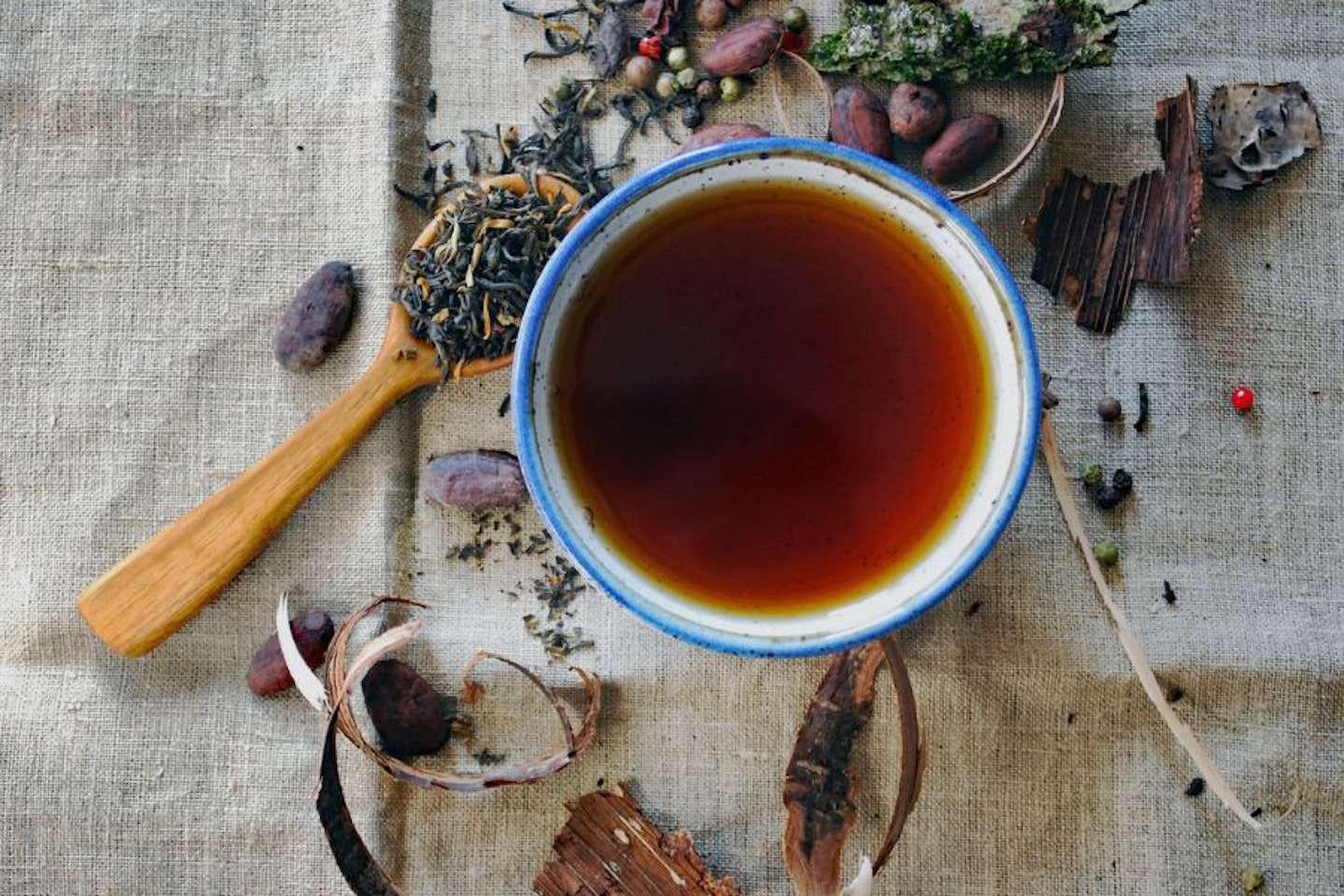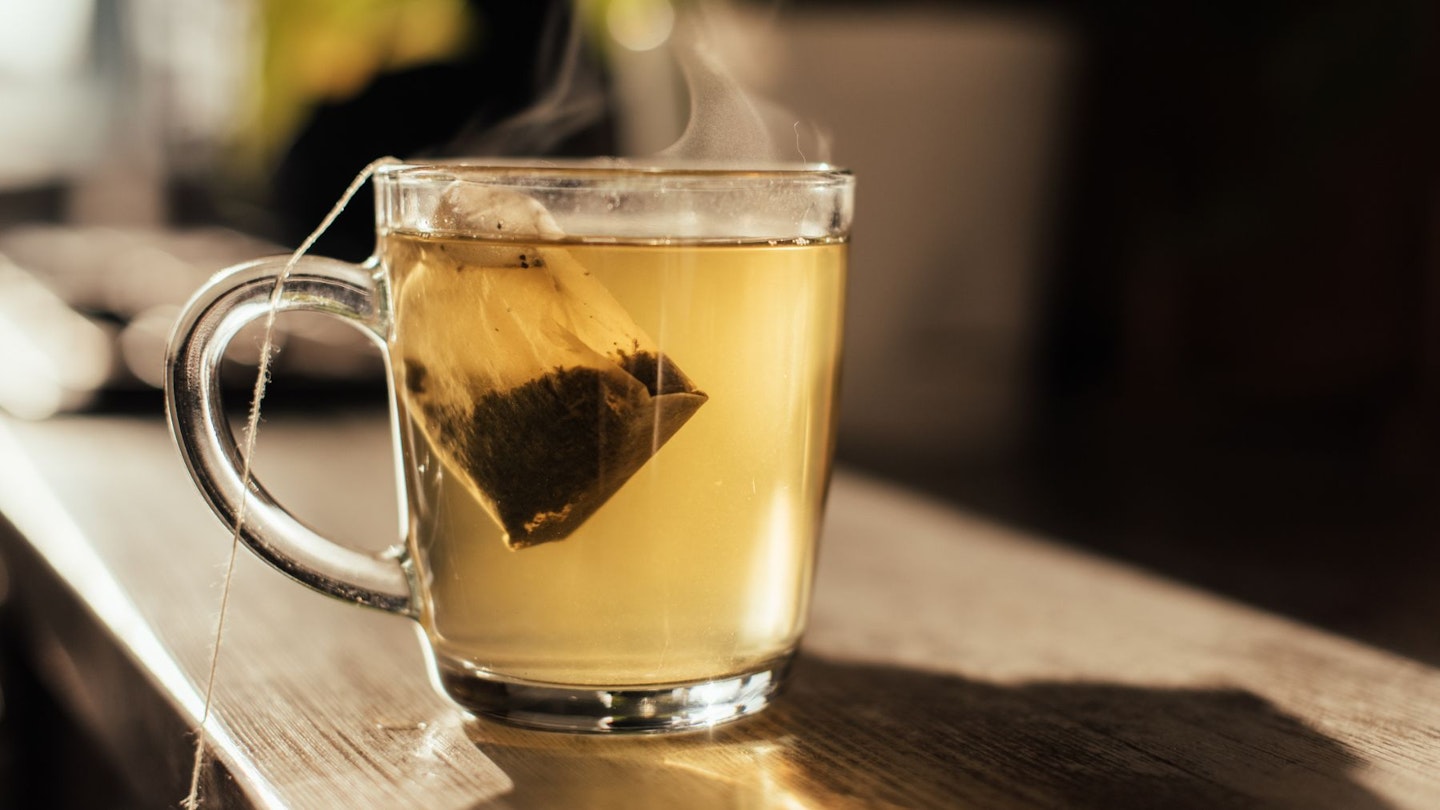A recent report by the Tea Advisory Panel (TAP) has revealed that Britain's beloved beverage plays a role in mitigating sleeplessness, anxiety and stress, meaning it may be worth including as part of your supplement program.
Published by health experts at the TAP, the report named 'Sleep, Stress, Anxiety and Tea: The Good Brews!' delves into all things tea - including any current scientific findings and consumer data.
Commenting on the study, Public Health Nutritionist, Dr Emma Derbyshire states: "teas and herbal infusions can provide a simple, sustainable, and enjoyable solution to this triple-block of wellbeing woes."
TAP member Dr Tim Bond also warned against underestimating the importance of tea. "There is still a lot to learn but it’s clear that tea and herbal infusions provide wellbeing support via multiple modes of action." He goes on to explain how it's a vicious cycle. Stress and anxiety is known to disrupt sleep, and sleep deprivation increases levels of anxiety and stress. So, by tackling one of these triggers, it will inevitably lead to improvements in other aspects.
A sleep-deprived society
The reported emphasised findings from a UK study conducted prior to the COVID-19 outbreak. It indicated that in the previous year, 75% of individuals had experienced feelings of being overwhelmed or unable to manage stress.
Moreover, the mental health organisation Mind estimates that on a weekly basis, six percent of the British population grapple with generalised anxiety. Which is a condition recognised for its negative impacts on good quality sleep and overall tiredness.

Dr Emma Derbyshire agrees that as a society, we must start prioritising sleep. "The pervasiveness of sleep disruption, stress, and anxiety issues is a public health emergency. Challenges on this scale means there are millions of people who are not achieving their potential and living life to the fullest."
And the sleep statistics speak for themselves. Like this one - if all adults aged 50-75 slept the recommended eight hours, 72 percent of new cases of coronary heart disease and stroke could be avoided every year (according to TAP).
The tea-riffic news
But, it's not all bad news. The flavonoids that are present in tea can have a substantial impact on both physical and mental wellbeing in a variety of ways. For example, flavonoids are believe to play a role in protecting cells from damage caused by inflammation, which can contribute to various chronic diseases. One TAP study even found that consuming three cups of tea equates to the antioxidant content found in six apples.
Dr Emma Derbyshire attributes flavonoids to overall wellbeing: "as so many health benefits are associated with the flavonoids which give these teas and infusions their distinctive flavours, there is a lot to be said for trying out different teas."
In addition, it's not just the flavonoids in tea that are beneficial. Many teas contain GABA, an amino acid naturally found in the body. GABA serves as a neurotransmitter with a well-established role in stress and sleep regulation. So, teas containing the amino acid may hold promise in alleviating stress and enhancing sleep quality.
Which tea is for me?
More than half of Brits - 53 percent - think tea improves sleep quality, and 67 percent are convinced it boosts concentration. With that in mind and to promote a sense of calm, there are several tea options to choose from.

For enhancing mood and focus: Get your tea fix with black or green tea. They both contain L-theanine, an amino acid that plays a noteworthy role in sleep regulation. L-theanine operates through GABA receptors and the neurotransmitter system that facilitates communication between the brain and the body. This will help manage sleep-related issues and improve mood regulation.
Also, green tea is enriched with epigallocatechin-3-gallate (EGCG), a compound that's demonstrated the ability to ward off memory deficits linked to sleep deprivation.
For improving sleep: Chamomile tea, always. It's known for its sleep-enhancing properties and has demonstrated significant improvements in sleep quality during clinical trials.
For calming and mood stabilising: Try lavender-infused tea. Traditionally used for its soothing effects, lavender directly affects the nervous system and brain, acting as a mild mood stabiliser. On top of this, a trial in sleep-deprived new mothers showed that drinking a lavender infusion, and inhaling its fragrant aroma, reduced depression and fatigue and enhanced bonding with their baby.
For post-stress relaxation: Jasmine tea. Infused with the essence of jasmine blossoms, this tea activates the parasympathetic nervous system. It also facilitates relaxation after stressful events.
For alleviating anxiety and stress: Passionflower is known to contain chrysin, a flavonoid that binds to receptors in the brain. This tea works to reduce anxiety in a manner similar to the anti-anxiety drug diazepam.
So, next time you're offered a mug of tea, remember that you're not just sipping tea - you're sipping serenity, one cup at a time.
About the TAP
This article contains research from the TAP. The Tea Advisory Panel is supported by an unrestricted educational grant from the UK TEA & INFUSIONS ASSOCIATION, the trade association for the UK tea industry. The panel has been created to provide the media with impartial information regarding the health benefits of tea. Panel members include nutritionists, dieticians and doctors.
Gemma Lavers is a Health & Fitness Writer for What's The Best. When she’s not travelling or writing, Gemma loves spending her weekend completing home workouts, or attending yoga, Pilates or Zumba classes.
Subscribe to the What’s The Best Newsletter to keep up to date with more of the latest reviews and recommendations from the rest of the What’s The Best team.
